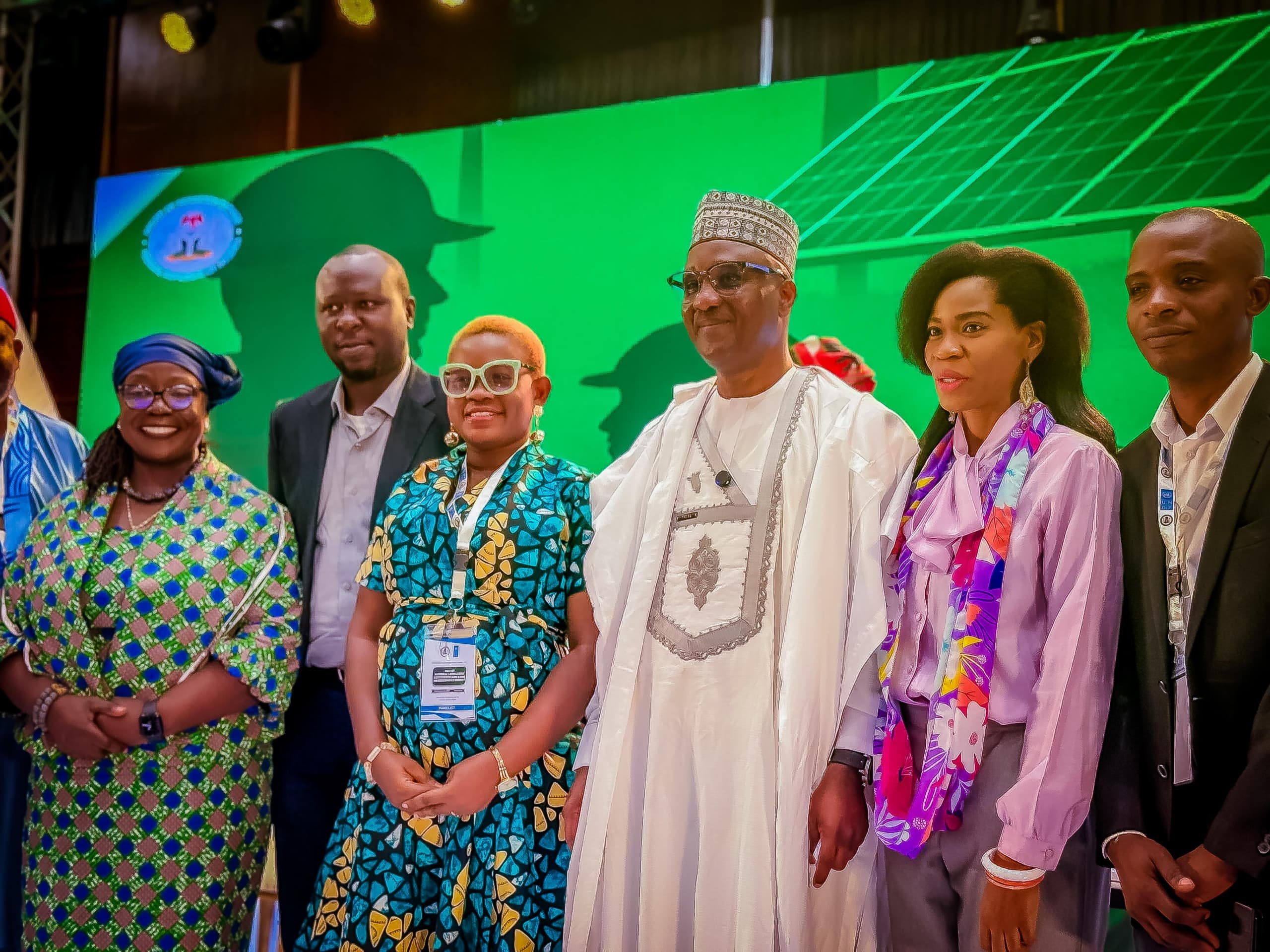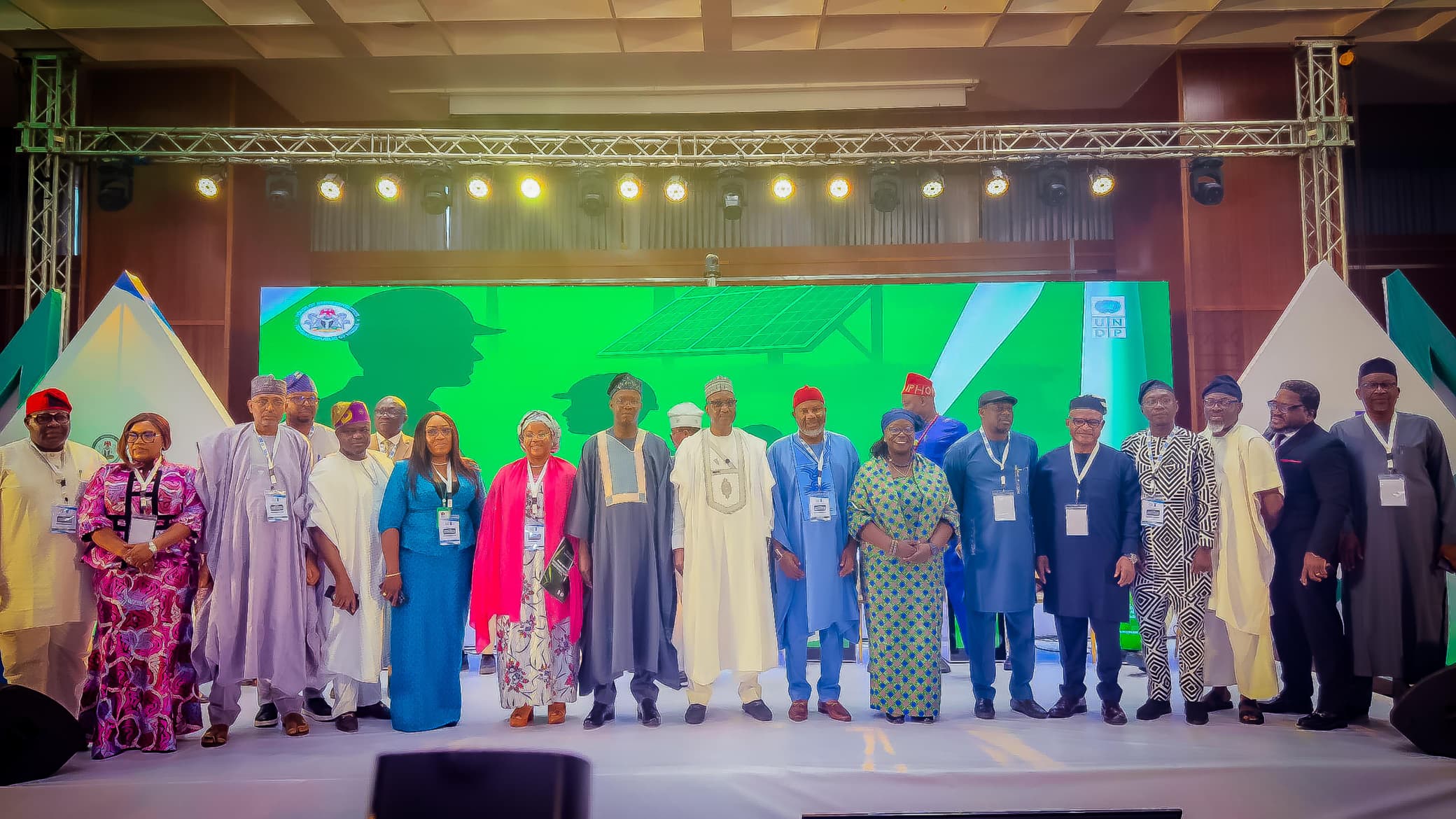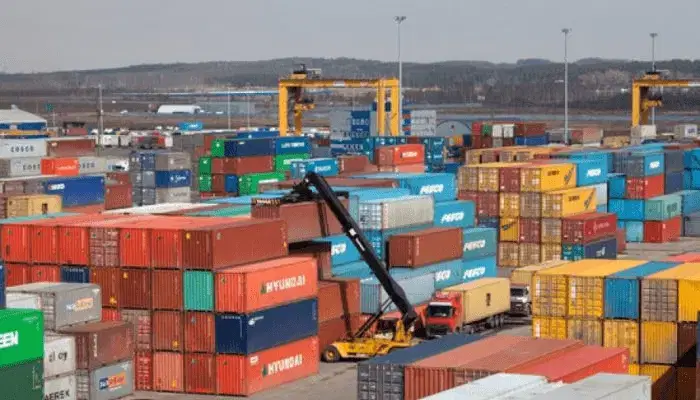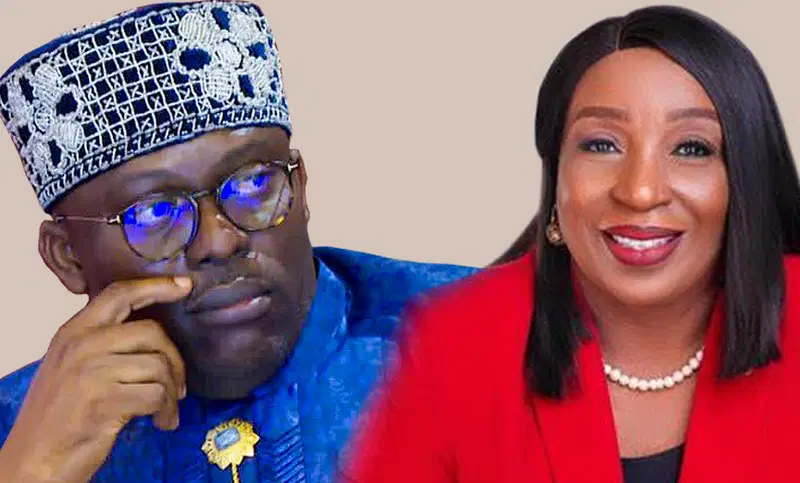National News
Renewable energy key to Nigeria’s national policy agenda – Speaker Abbas

Speaker of the House of Representatives Rt. Hon. Abbas Tajudeen said on Monday that Nigeria has no option than to adopt renewable energy as one of the ways of diversifying the country’s economy.
Speaking while declaring open the ‘First Legislative Conference and Expo on Renewable Energy in Nigeria’ organized by the House Committee on Renewable Energy and the United Nations Development Programme (UNDP) in Lagos, Speaker Abbas said the case for renewable energy in the country was compelling and holds substantial implications for national policy agendas.”
The conference nis being attended by dignitaries from both within and outside Nigeria, including the governors of Abia, Enugu, Osun, all of whom were represented, as well as the First Deputy Speaker of The Ghanaian Parliament, Hon. Bernard Ahiafor, who represented the Speaker, Rt. Hon. Alban Kingsford Bagbin; the UNDP Resident Representative in Nigeria, Elsie Attafuah, among many others.
The Speaker said: “The transition to renewable energy is not just an economic necessity; it holds substantial implications for national policy agendas. Renewable energy has become central to initiatives aimed at fostering inclusive economic growth, climate adaptation, and industrial innovation.
‘Countries that have embraced this change have decreased their vulnerability to global fuel price fluctuations, improved energy access, and positioned themselves as leaders in the low-carbon economy.
“Renewable energy “is no longer a niche concern but a cornerstone of global development policy. In 2024, renewable energy additions reached five hundred eighty-five gigawatts, accounting for over ninety-two per cent of new power generation capacity worldwide.
“The total installed capacity for renewable energy now exceeds four thousand four hundred forty-eight gigawatts, marking a fifteen per cent year-on-year increase. This expansion, led by solar and wind technologies, underscores their cost-effectiveness and scalability.
“Financial flows toward clean energy reinforce this trend. In 2023, of the estimated global energy investment of 2.8 trillion dollars, 1.7 trillion was committed to renewable energy, energy efficiency, and electric mobility. This shift in capital allocation signifies a structural reorientation of the global energy economy, where more sustainable alternatives are increasingly displacing fossil fuels.
“For Nigeria, a country that relies heavily on fossil fuel exports for its earnings, this transition presents both challenges and opportunities. As the global market shifts toward cleaner energy, countries like Nigeria will have no choice but to diversify their economy to maintain their financial stability while seeking investments in renewable energy sources to align with global trends.”
Speaker stressed that a robust legislation and oversight were vital in supporting any national effort at adopting and promoting renewable energy.
He said “For instance, Egypt’s Renewable Energy Law, enacted in 2014, has spurred investments in solar and wind power. Meanwhile, the European Union’s Renewable Energy Directive establishes binding national targets and promotes harmonized planning. In Germany, early legislation like the Renewable Energy Sources Act paved the way for decentralized energy generation and garnered widespread support.”

Speaker Abbas reiterated Nigeria’s commitment to global energy reform, as demonstrated in the Legislative Agenda of the 10th House, which prioritises energy reform.
“Specifically, Strategic Objective 8.5 of our Agenda aims to promote the transition to renewable energy while enhancing clean energy production and access. To achieve this, we are enacting laws that encourage private investment in renewable energy, including offering tax incentives and targeted financing.
“Just a few weeks ago, the House of Representatives passed new tax reform bills that eliminate VAT on renewable energy and compressed natural gas (CNG), among other measures. We are also working to provide legal backing for the government’s Renewable Energy and Energy Efficiency Policy adopted in 2015, which seeks to boost the use of renewable energy, improve energy efficiency, and significantly reduce greenhouse gas emissions.
“We acknowledge the urgent need to provide more access to clean cooking fuels, as this is crucial for public health and the environment. These initiatives are being developed in close collaboration with stakeholders, and the House Committee on Renewable Energy is coordinating legislative priorities in this area.”
The Speaker said President Bola Ahmed Tinubu’s administration’s policy commitments are notable, with the passage of the Electricity Act of 2023, which devolves power over the electricity sector to sub-national governments and ends the federal government’s exclusive control.
“As a result, we expect new opportunities for local energy solutions and private sector involvement to emerge.
“The administration has also committed significant funding. In December 2024 alone, the President approved a one-billion-dollar financing initiative for the Rural Electrification Agency. Of this amount, seven hundred and fifty million dollars has been allocated to expand solar energy access in underserved areas.
“As a result, this initiative has led to the deployment of one hundred and twenty-four mini-grids and over twenty-five thousand solar home systems, benefiting more than two hundred thousand people.”
Chairman of the committee, Hon. Victor Afam Ogene, said renewable energy, as an emerging sector in Nigeria, “has garnered significant attention from the government as a key solution to our electricity power supply issues, and deliberate steps are being taken to harness its potential.”
He added that the growing consensus that achieving greater energy security and sustainability requires deliberate action to chart a new pathway, in reducing Nigeria’s reliance on fossil fuels as a primary source of energy.
“While we still grapple with finding the right balance between both, it is also important to point out that, paradoxically, we are yet to achieve meaningful energy sufficiency, even with our current focus on fossil fuel-based energy.”
UNDP Resident Representative, Elsie Attafuah, highlighted the importance of energy to Nigeria’s future, noting that it has “evolved into national security, economic power, and geopolitical leverage tool and instrument.”
She added that, “Energy is the foundation for Nigeria’s economic diversification. Without it, neither industrial transformation nor acceleration is possible,” adding that Nigeria possesses massive potential for energy transition and global power.
By Tony Akowe
-

 News6 hours ago
News6 hours agoOpposition Reps raise alarm over alleged non-implementation of 2025 budget
-

 Business6 hours ago
Business6 hours agoCurrency outside Banks rises 10.2% as money supply expands
-

 World News6 hours ago
World News6 hours agoNigeria’s exports to Africa hits N4.82trn
-

 National News6 hours ago
National News6 hours agoClean Energy key to survival, healthy living — Remi Tinubu
-

 Metro6 hours ago
Metro6 hours agoPolice Inspector killed as officers rescue kidnap victim in Oyo
-

 News2 hours ago
News2 hours agoBREAKING: Soludo orders closure of Onitsha Main Market over sit-at-home defiance

















